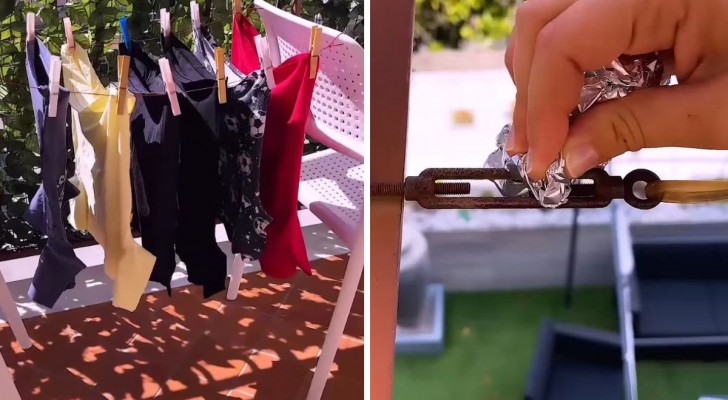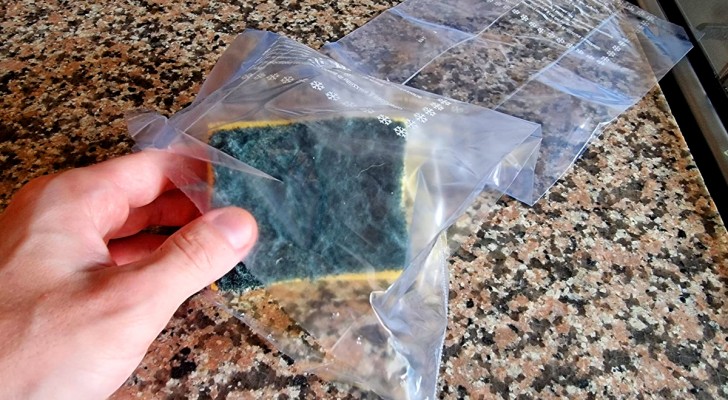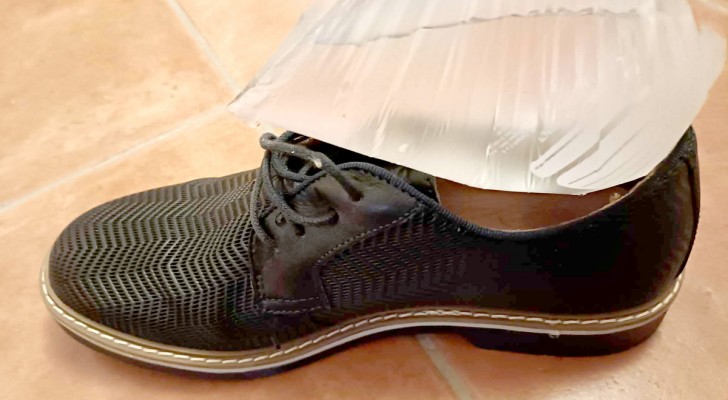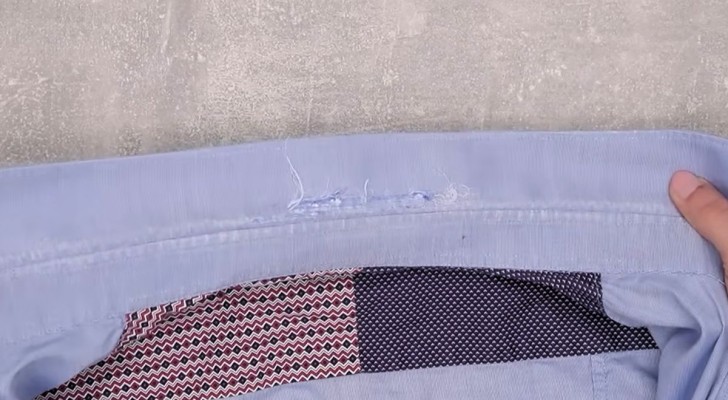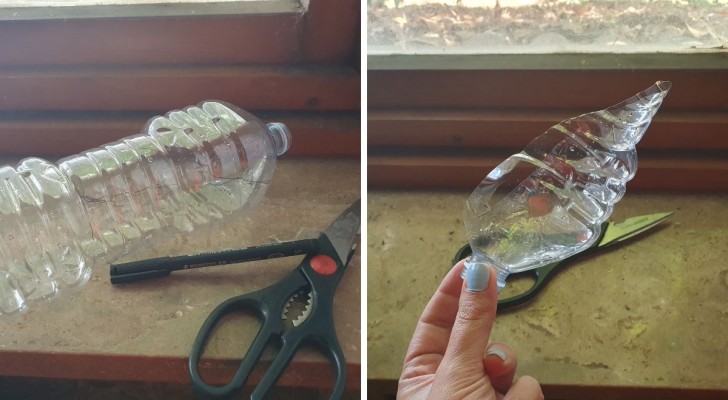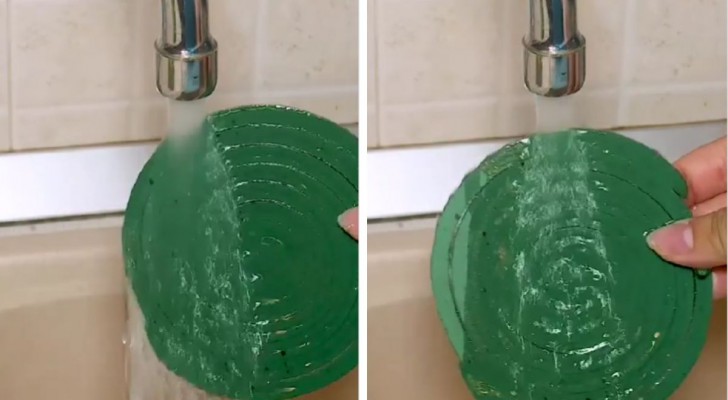Reduce energy consumption of the dishwasher by eliminating superfluous programs
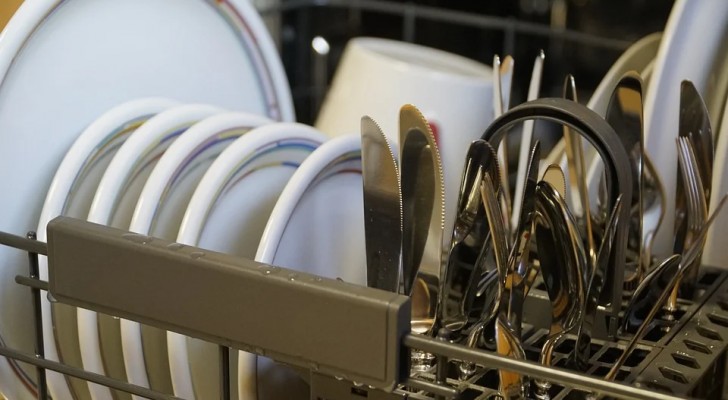
A dishwasher is a great help at home, especially when you cook a lot or there are many people living under the same roof. Compared to the alternative of hand washing, the use of this appliance generally ensures savings on water consumption, even if the same cannot be said for the electricity it uses.
However, there is a function used in most of the washing cycles that, in fact, is not so essential and makes the machine work longer, consuming more water and electricity than is really needed: this is the heat drying cycle.
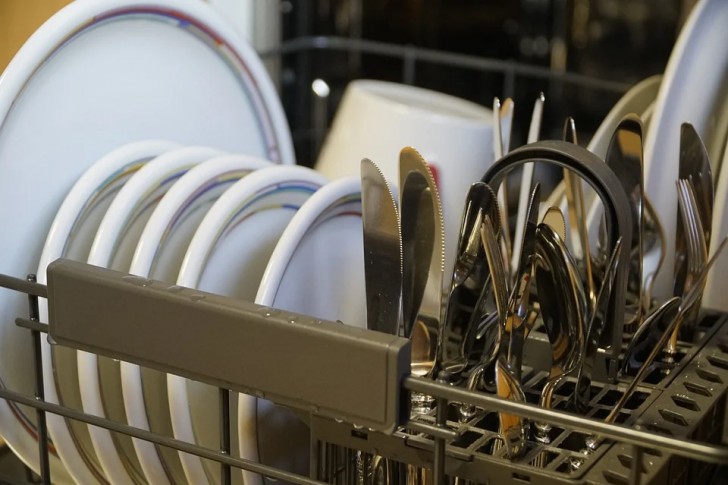
The heat drying cycle is the one in which the dishwasher activates a jet of high temperature air onto the dishes to eliminate all residual moisture from the washing. It is a way to quickly dry the dishes and ensure that when we open the appliance after washing, glasses and pots are perfectly dry (and hot!).
This cycle, however, uses about an extra half hour after the washing cylce (sometimes 15 minutes), resulting in additional and unnecessary energy consumption. The dishes, in fact, are already perfectly clean and sanitized thanks to the temperatures reached by the water and the detergents used during normal washing cycle, and there are alternative ways to dry dishes and glasses without having to keep the appliance on for the final heat drying phase.
- You can use the "airdry" drying option, which uses air at room temperature, and without having to heat anything. This is a feature of many modern dishwashers, and it appears that it uses up to 15% less energy than hot drying.
- Otherwise, by using a rinse aid for better results, the door can be opened as soon as the washing is finished, letting the outside air in and immediately letting the steam that forms inside the appliance escape.
Certainly it helps a lot, in controlling consumption, to use of a dishwasher with a higher energy class (A or B), which allows efficiency without being too energy-intensive even on normal washing cycles. These are all small adjustments that can then make a difference to our wallets at the end of the month!
